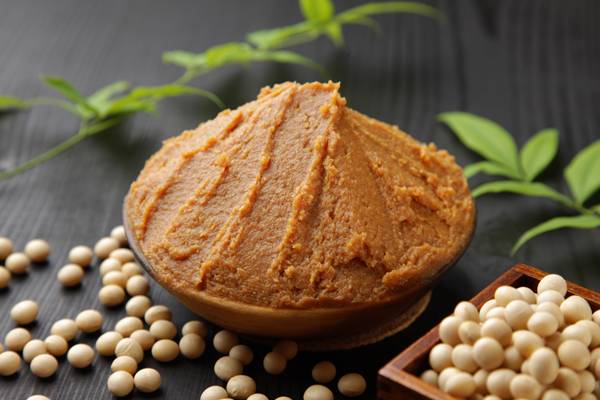Fermented foods, these are their benefits
Fermented foods are foods that promote digestion and provide beneficial microorganisms for the intestine.

Fermentation is the transformation that food undergoes due to the action of bacteria and yeast. During this process, sugars are converted into acids, gas or alcohol, which act as natural food preservatives. Fermentation has been used by humans since ancient times as a way to store foods for long periods of time. We have many examples of fermented food in our diet. Bread, cheese, yoghurt, alcoholic beverages such as wine or beer, and some sausages are fermented foods. But in recent years, we have seen more exotic foods such as kefir, tempeh, sauerkraut, miso or kombucha tea added to this list. The latter, whose benefits have captivated half the world, has once again unleashed a frenzy for fermented foods.
Most fermented foods support digestion and increase nutrient absorption. In addition to helping us populate our intestines with healthy microorganisms, fermented foods help improve digestion because these foods have been partially pre-digested by bacteria or yeast, making them more digestible. Fermentation increases the presence of vitamins, especially of the B group, such as B12 and B9, better known as folic acid; also, K2, which is difficult to find in unfermented foods. They are usually more nutritious foods.

Fermented foods that benefit intestinal health:
- Sauerkraut: produced from the fermentation of cabbage or white cabbage. It is widely consumed in Germany. When the fermentation process begins, the number of lactic bacteria present on the surface of the cabbage leaves increases, so that after consumption the pH of the intestine is restored, improving the digestive process and the absorption of nutrients. Sauerkraut is also an excellent source of vitamin C and vitamin K.
- Kefir: kefir is a dairy product similar to liquid yoghurt, fermented through the action of a group of yeasts, fungi and bacteria. This food is rich in probiotics, lipids and proteins that promote intestinal health.
- Miso: miso is a fermented paste of soybean and other cereals such as wheat, rice or barley with the fungus Aspergillus oryzae. For centuries it was considered a healing food in China and Japan. It has been used for generations to prepare hot soups or as a condiment for other dishes. Miso contains enzymes that help digestion.

- Kombucha: a fermented beverage with a slight acidic taste obtained from sweetened fermented tea made from a colony of gelatinous microorganisms. If the fungus is fed continuously, the process is endless, so the kombucha is called "the fungus of immortality". Historically, it has been drunk in China, Russia and Germany, although for some time now its apparent benefits for the body have been widespread.
- Yoghurt: the beneficial properties of this probiotic food for our body are more than proven. Yogurt contains about 100 million bacteria that convert a part of the lactose into lactic acid. The microorganisms found in yogurt are capable of regenerating the intestinal flora. In addition, some yogurt varieties may contain bifidobacteria that also stimulate the immune system.
What do you think about?
Share comments, opinions and tricks with the Community






